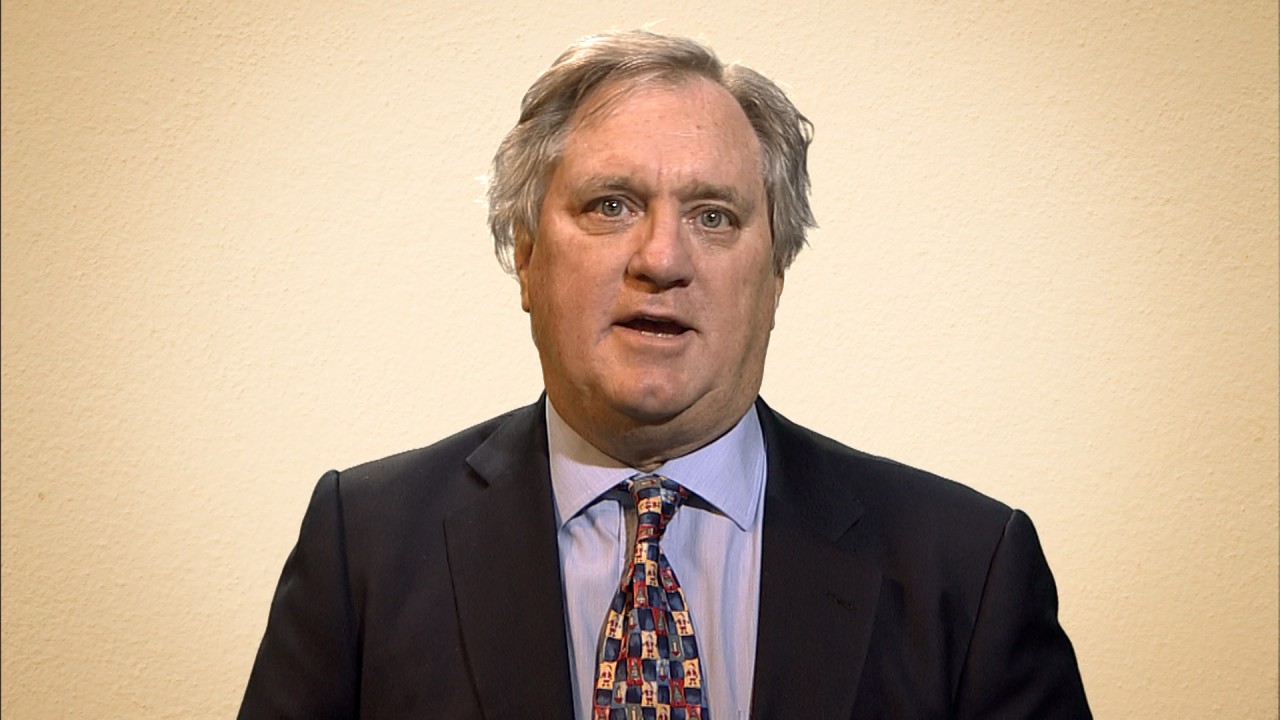
The world’s free-spending, money-printing spree will cost us dearly in the end
- The world has mortgaged its economic and monetary future to uncertainty in the hope that the global economy will come roaring back after the pandemic
- In reality, the cost of these well-intended but ultimately irresponsible policy actions could be inflation, financial crisis and a deeper recession
Bravery can be difficult to distinguish from foolhardiness until the consequences prove the action to be coolly courageous or rash and recklessly bold. So, does unlimited fiscal and monetary stimulus signal an entry into a brave new world or a foolhardy plunge into disaster?
It seems we are intent on shedding all traditional economic and financial anchors at the same time and setting sail upon a sea of change and uncertainty with few or no navigational aids. To end up in anything other than a shipwreck would be little short of a miracle.
The world has mortgaged its economic and monetary future to uncertainty in the hope that the global economy will come roaring back after the pandemic. In reality, the cost of these well-intended but ultimately irresponsible policy actions could be inflation, financial crisis and a deeper recession.

Monetary authorities monetised or “socialised” the 2008-9 crisis by pumping fiscal and financial aid into distressed financial institutions and boosting the prices of financial and other assets to heights that even today remain well above sustainable levels.
It is possible to sympathise with the humanitarian motives behind fiscal support for businesses and households. But the tsunami of government aid during Covid-19 has coincided with the widespread acceptance of a convenient theory that it really doesn’t matter any more.
Magic money is blinding us to the dangerous reality of inflation
Modern monetary theory (MMT) teaches governments that it’s fine to blow out their balance sheets because countries that issue their own currencies can never “run out of money” the way people or businesses can. Governments have duly done just that.
The calm before the storm that pervades current fiscal behaviour is more suspect by virtue of the fact that central banks have embarked on an orgy of money printing that exceeds even the wanton excesses of governments. There are just no spending limits any more, anywhere, it seems.

04:01
In an age of ‘narrative finance’, pay attention to the stories in 2021, says Richard Harris
Most ominous of all perhaps, the very basis of money is being questioned, even at the level of governments, by a growing belief that digital currencies such as bitcoin are the future and that they are as good as (or better even) than gold because only a limited quantity of them can be “mined”.
Legions of “zombie” companies are avoiding bankruptcy only by dint of government grants and loans. But as the IIF notes, “sustained reliance on government support could pose systemic risks to [the] financial system as well. A prolonged period of loan guarantees – coupled with sustained low interest rates – could well encourage still more debt accumulation by the weakest and most indebted corporates.”
The coronavirus has blinded us to the huge debt obligations we will meet in an era of recovering interest rates. It is but small consolation to know that we are all in this together – up our necks. We are about to learn what a reality check really means.
Anthony Rowley is a veteran journalist specialising in Asian economic and financial affairs

